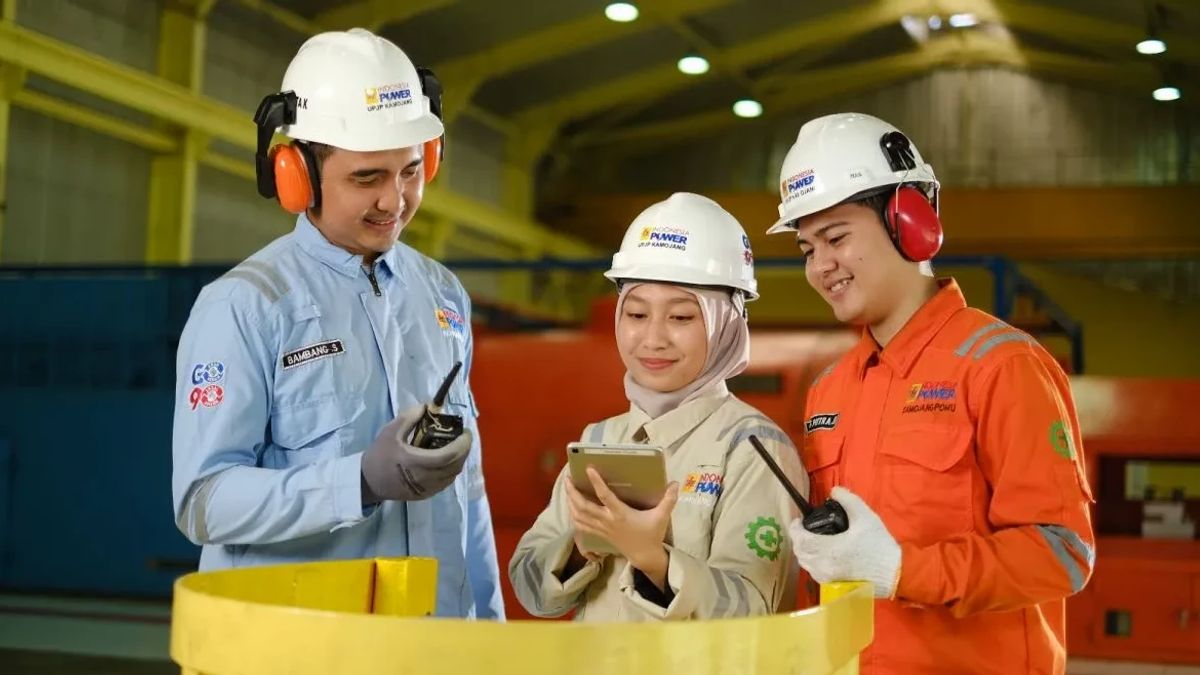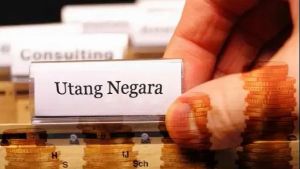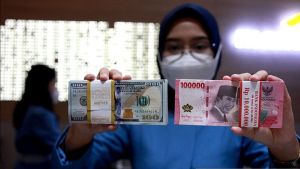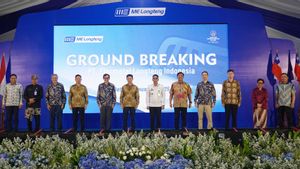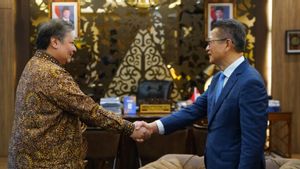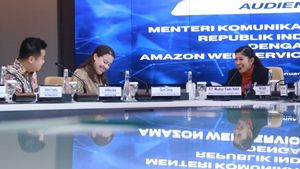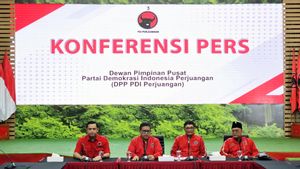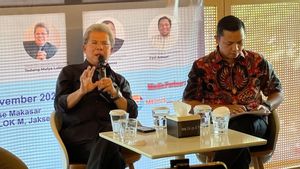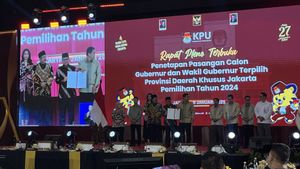JAKARTA - PT PLN (Persero) is committed to supporting the Indonesian Government to achieve 8 percent economic growth by ensuring a reliable, clean and sustainable energy supply through a massive energy transition.
President Director of PLN Indonesia Power (PLN IP) Edwin Nugraha Putra said, in supporting economic growth of 8 percent and PLN's energy transition, it is not only focused on adding EBT generators to meet industrial needs, but also reducing emissions from existing plants.
"Steps to get there, PLN is preparing not only new plants with Renewable Energy but the existing plants are also supported to continue operating with lower emissions towards Net Zero Emissions by 2060," said Edwin, Friday, December 6.
These efforts are reflected in the implementation of Carbon Capture & Storage (CCS) / Carbon Capture, Utilization & Storage (CCUS) technology in the operation of Steam Power Plants (PLTU) with a total capacity of 2 GW in 2040 and 19 GW in 2060.
"Coal generation will be replaced by nuclear, hydro, and geothermal plants. For coal plants that are still operating, emissions will be controlled using CCS/CCUS technology," said Edwin.
CCS/CCUS is an innovative technology that can help reduce CO2 exhaust emissions into the atmosphere. This technology works by separating and capturing carbon emissions, then storing them in various forms of storage, including Saline Aquifer.
In Indonesia, the potential for carbon storage capacity in Saline Aquifer is estimated at 572 GTCO2.
SEE ALSO:
PLN has collaborated with national and international partners conducting studies on the development of CCS/CCUS technology at 5 generators, such as PLTU Suralaya Unit 1-4 in collaboration with Carbon Korea Co., Ltd, PLTU Suralaya Unit 5-7 with PT PLN Enjiniring and LAPI ITB, PLTU Indramayu with JERA Co., Inc. Japan and JGC Corporation Japan, PLTGU Tambak Lorok with JERA Co., Inc. Japan and JGC Corporation Japan, and PLTU Tanjung Jati B with INPEX Corporation Japan.
"Collaboration is urgently needed in an effort to study CCS/CCUS development due to the fairly high complexity on this technology," he explained.
In an effort to implement CCS/CCUS technology, PLN hopes that the national industry can grow to support existing technological needs.
"We hope that the domestic industry can grow and produce technology that can support generating innovation. So that it can realize the national economic growth of 8 percent," said Edwin.
The English, Chinese, Japanese, Arabic, and French versions are automatically generated by the AI. So there may still be inaccuracies in translating, please always see Indonesian as our main language. (system supported by DigitalSiber.id)
